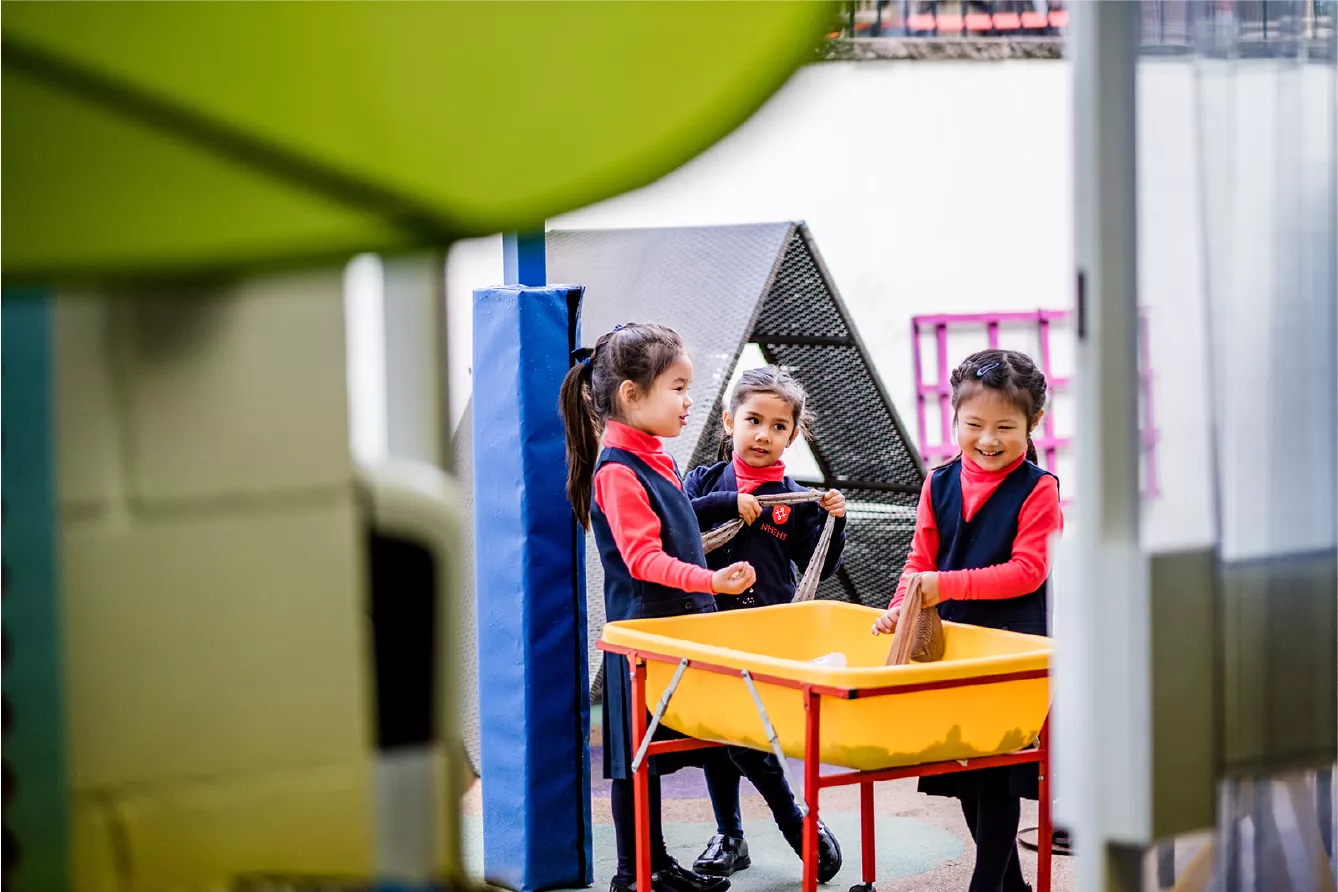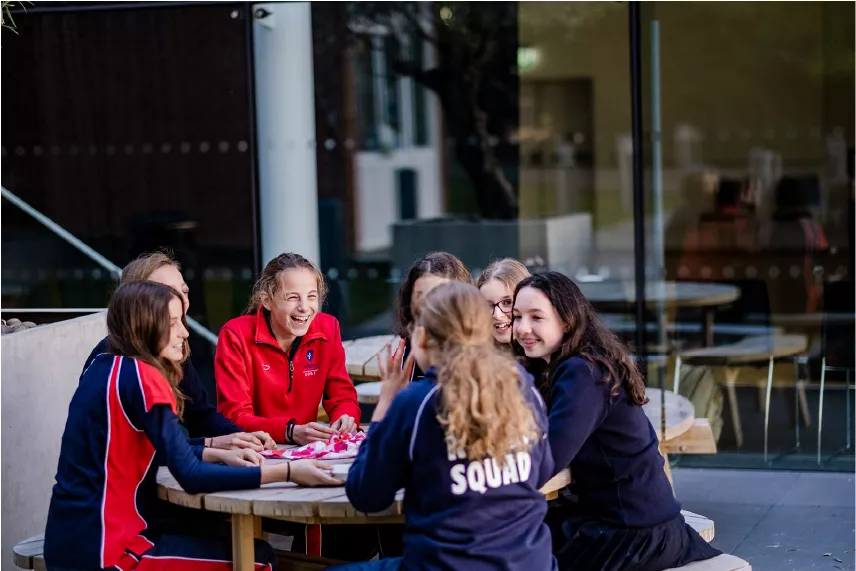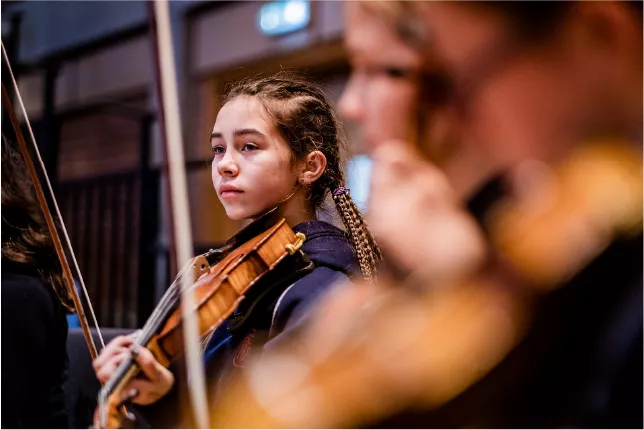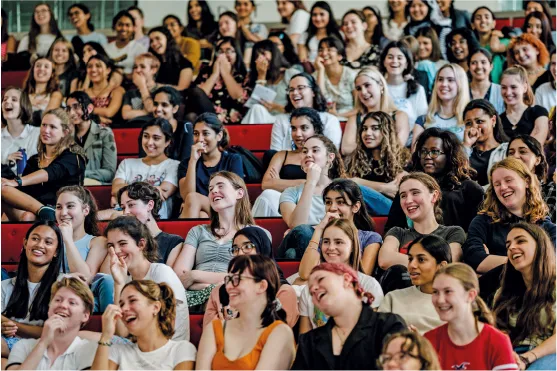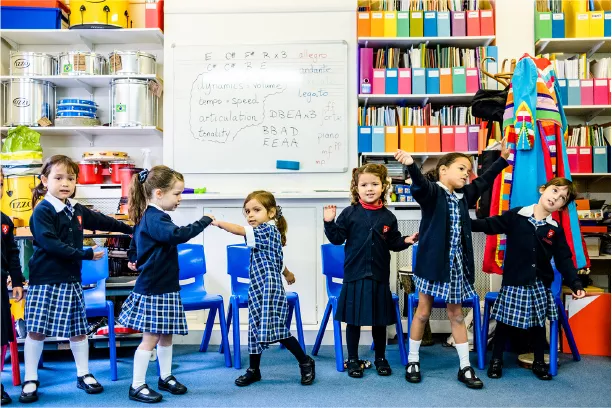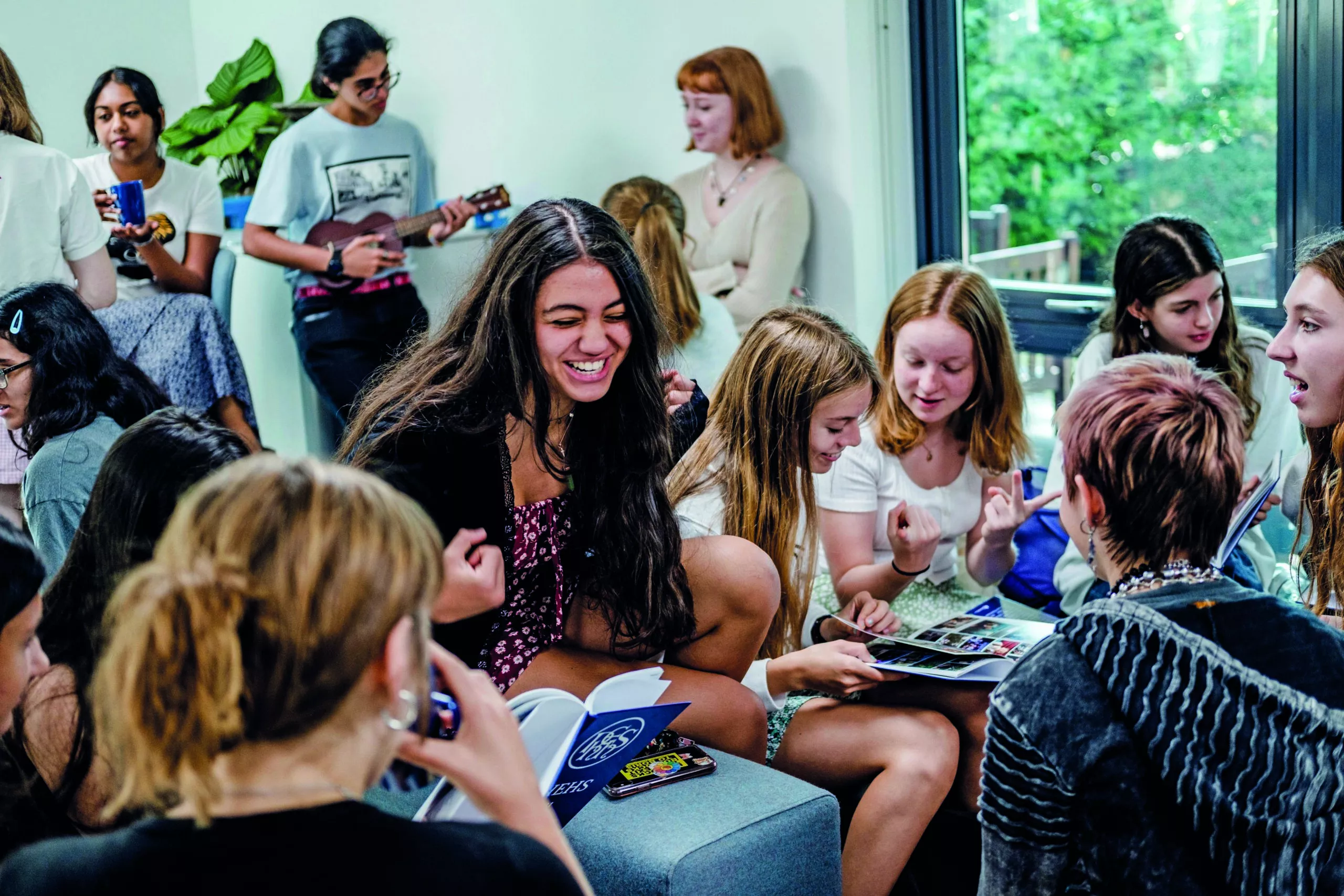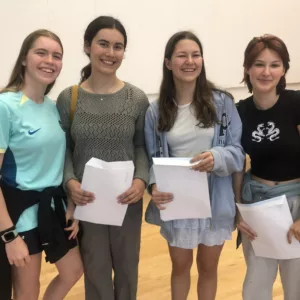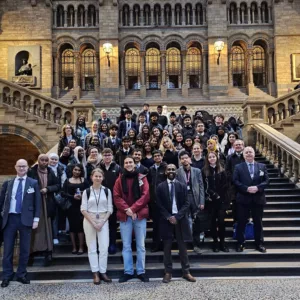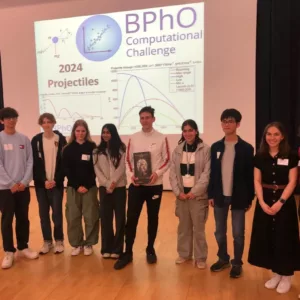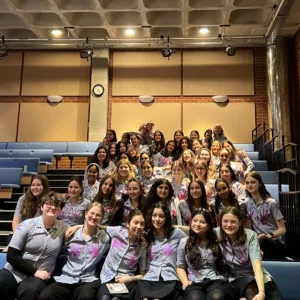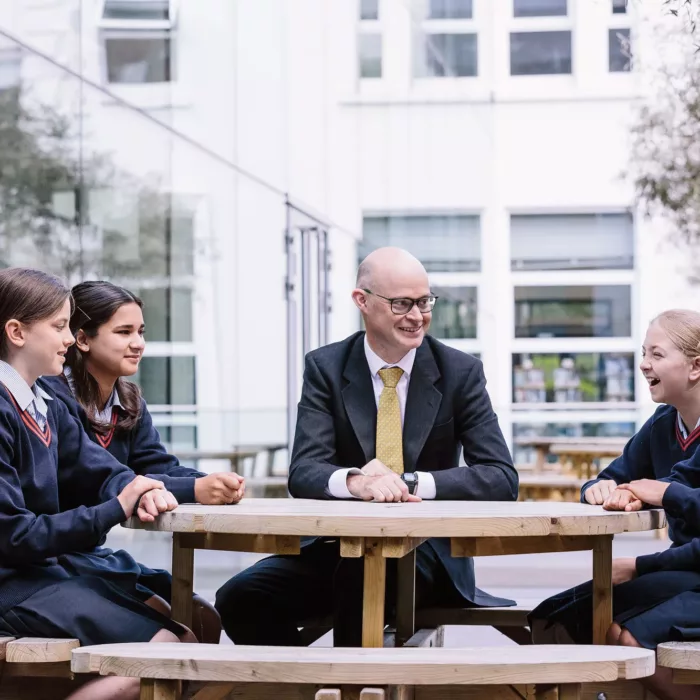1st December 2023
A number of cries of despair voice themselves on a repeated basis in British education and employment over how we get young people ready for the future. These cries fall into three camps. Firstly, students should study the right degrees to be employable, but too many students are studying the wrong subjects; various studies of earnings potential suggest that many degrees may simply not be worth studying. Secondly, employers still believe that far too many graduates are not equipped with the skills they need for the workplace, irrespective of which degree they have taken, and therefore both schools and particularly universities have failed to get these graduates ready; one survey by Bloomberg found 65% of businesses viewed graduates as ill-prepared in some way. Thirdly, and perhaps reaching cliche status, we are preparing young people for jobs which do not exist yet (studies suggest that up to 65% of current students may end up in these roles); so young people are in a state of unavoidable limbo.
So is the answer to all of these claims that students should be buckling up for an AI future by learning to code at the expense of everything else?
This is not the case. It is important to challenge the first assumption. While studies and surveys do point to some degree subjects leading to higher earnings at immediate graduation, it is not the case that employers want every person to study STEM subjects. After the financial crash earlier this century, a number of banks stated that they were seeking graduates from a wider range of degree subjects. Why? Because they needed humanities graduates to be able to have a broader perspective on their activities, and to question the underlying assumptions behind the trading models they were operating. This open-minded approach to recruitment is reflected across many areas of work: when I spoke recently to some heads of careers services at leading universities, they said that the range of graduate jobs open to non-specialists had actually increased in recent year (they estimated from 50% to 70%).
This may be the case, but with AI transforming the workplace and occupations for the future, won’t the range of skills needed and therefore wise degree choices, shift? It is certainly the case that graduates will need to know how to harness AI to different tasks, and that this may revolutionise certain industries. But harnessing is the key, because it is the ability to apply AI in different fields, using additional skills, which will make the difference. Employers will want graduates who are digitally literature, but also confident communicators, who are resilient, can take the initiative, work in teams, be analytical and problem solve. The World Economic Forum’s Future of Jobs 2023 Report looks at the skills which are increasingly being sought in new roles: in third place is technological literacy, but ahead of this are both creative thinking and analytical thinking. In a recent, inspirational, talk to head teachers Priya Lakhani, the founder of Century Tech reinforced this view, identifying critical thinking as an absolutely key skill for future graduates to possess, to be able to use and critique technology in the workplace.
A whole range of degrees develop just these skills, whether the analytical rigour of subjects such as History, Languages and Mathematics, or the creative facility of Music and Fine Arts. What is still important, therefore, is what one head of a university careers service said to me, namely that students with strong academic credentials should study a subject they love, on a demanding course, do well in it, and live an interesting extra-curricular life, in order to hone their wider workplace skills.
That is not to underestimate the influence of AI. We are taking concrete steps at NHEHS to embed this in our curriculum, so that girls understand both how to apply this technology, and to be aware of its shortcomings and risks. But this is not the only faculty our students will need, and it is only with a broad and balanced education that they will be able to have a full range of careers open to them.
Matthew Shoults – Headmaster
